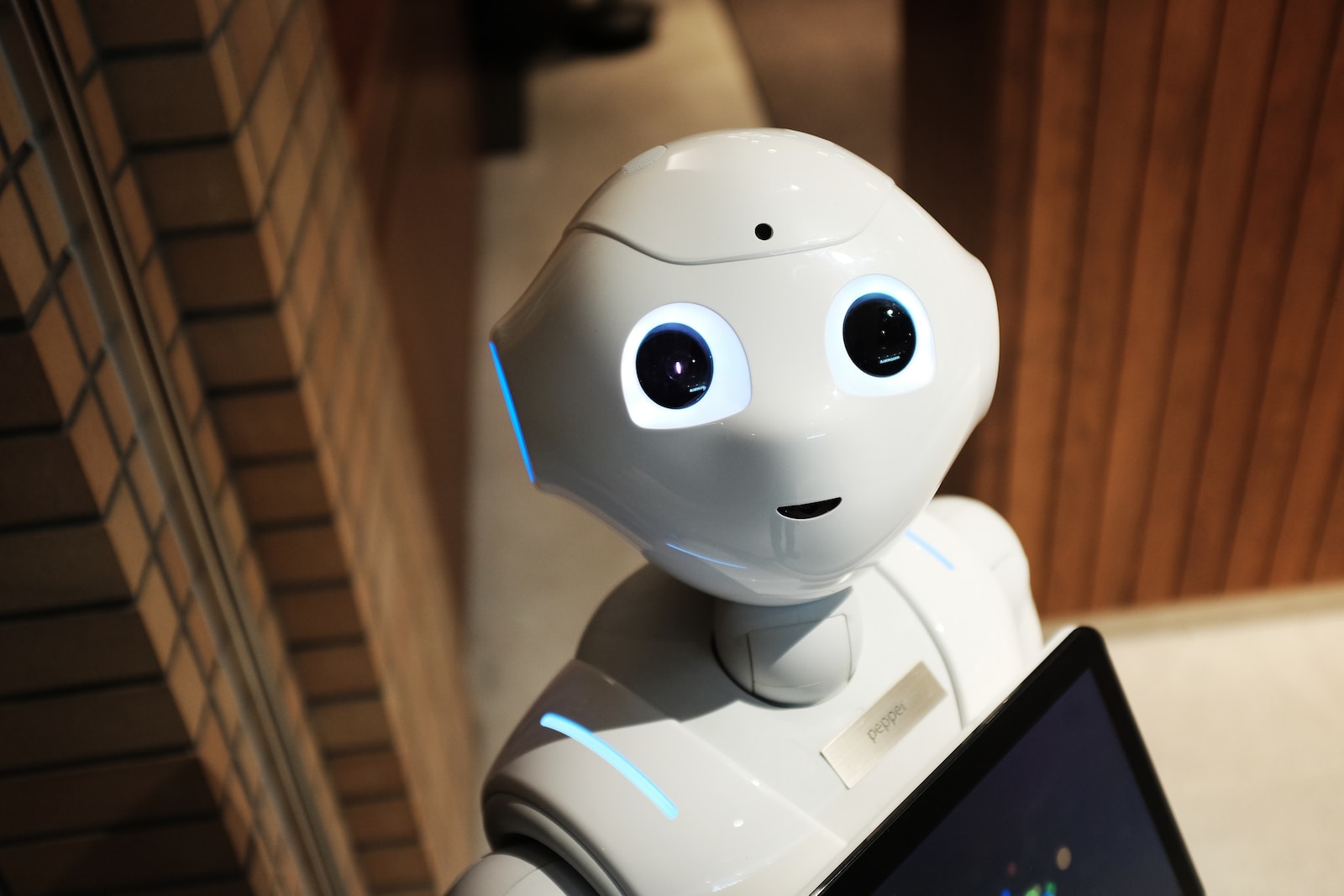
Photo by Alex Knight on Unsplash
Microsoft Discusses the Future of AI Labor
December 12, 2023
To ease concerns about AI labor, Microsoft recently launched an initiative in collaboration with a leading labor organization, the American Federation of Labor and Congress of Industrial Organizations (AFL-CIO), which represents over 60 unions and 12.5 million workers. The AFL-CIO collaboration aims to dispel fears surrounding artificial intelligence and its potential impact on employment.
This collaboration arises in the wake of growing apprehension across labor bodies and regulatory frameworks concerning the dislocation of the human workforce by AI. Microsoft and other AI developers face the challenge of addressing these concerns amidst an increasingly AI-driven technology landscape.
The partnership has led to the establishment of AI learning sessions for the workforce, tailored workshops exploring specific AI career avenues, and labor summits hosted by Microsoft. These measures provide platforms for gathering and incorporating valuable feedback from labor leaders and the workforce.
The initiative targets three objectives:
- To engage in meaningful dissemination of knowledge on AI trends among labor leaders and workers.
- To integrate the worker’s perspective and expertise into the development of AI Technology.
- To influence public policy in favor of technological skill sets and needs of workers on the front lines.
The tech industry, faced with rising public scrutiny concerning AI’s impact on employment, is choosing to respond proactively. For instance, a recent Gallup poll from September displayed an increase in the number of college-educated workers anticipating job obsolescence due to technology compared to 2021.
Similar initiatives can be seen in Amazon’s recent alignment with MIT to study the impact of AI and robotics on employees and their organizations. This follows increased employee concerns about the pressures to meet performance quotas. Notably, IBM in May disclosed plans to replace around 8,000 jobs with AI but reassured that the company would focus on “massively upskilling” its employees on AI, predicting that the technology would mainly take over back-office functions.
These actions by tech giants coincide with the rising threat of amplified regulation. President Joe Biden, in his first-ever executive order on AI, emphasized support for workers with a focus on job displacement, labor standards, and workplace equity. The order underscored the importance of shaping principles and best practices to minimize the negative effects and maximize the gains of AI for workers. It also called for a study on potential labor market implications of AI and ways for the federal government to support workers impacted by AI-related workforce disruptions.
Recent News
Tesla Employee Sleeps in Car, Loses Job Amidst Layoffs
Tesla, the Texas-based automaker, recently conducted layoffs affecting at least 10% of its staff. Among them was Nico Murillo, a production supervisor at the Freemont facility, who shared his layoff experience on LinkedIn.
Emergency Slide That Fell Off Delta Plane During Flight Found
The emergency slide was found 10 miles from JFK Airport.
Krispy Kreme Debuts New Rewards Program
Krispy Kreme is introducing a new program that piggybacks on its existing Krispy Kreme Rewards.
WeWork’s Bankruptcy Exit Plan Revealed
WeWork is charting a new course to exit bankruptcy, but without its former CEO Adam Neumann in the driver’s seat.

